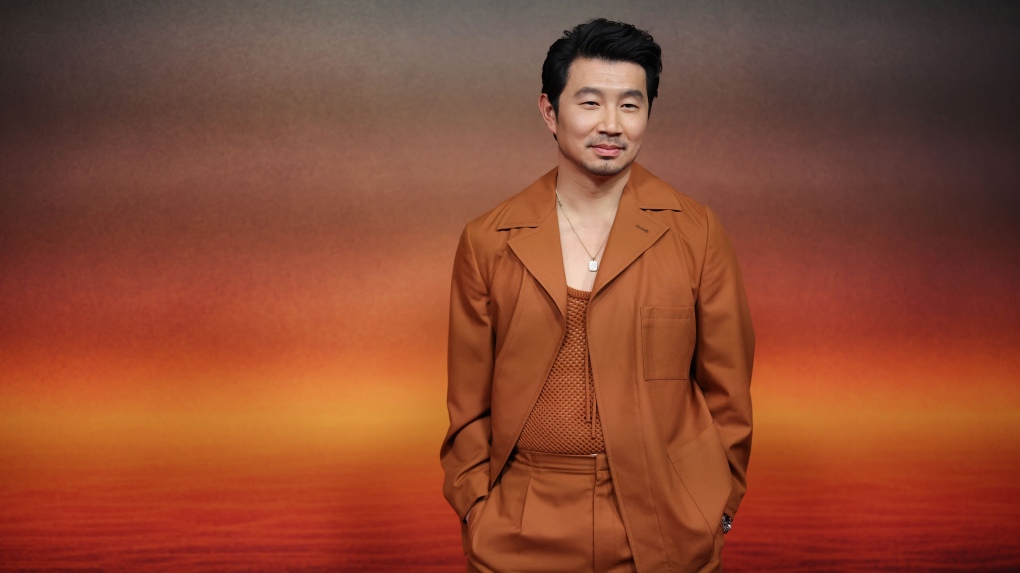A Canadian beverage company has sparked controversy after its founders faced criticism from actor Simu Liu, known for his role as a Marvel superhero, during a recent episode of the CBC show “Dragons’ Den.” The episode featured Bobba, a Quebec-based bubble tea brand, which sought investment to expand its market presence.
Bubble tea, originally a Taiwanese drink characterized by its tea base and chewy tapioca pearls, has seen a surge in popularity across North America. However, the discussion surrounding its cultural significance took a turn when Liu appeared as a guest investor.
From the outset, tension arose between Liu and the Bobba founders, Sebastien Fiset and Jess Frenette. As Frenette described bubble tea as a “trendy, sugary drink” with ambiguous contents, Liu interjected, insisting he was well aware of the drink’s true ingredients. This initial friction set the stage for a heated exchange.
Fiset then introduced Bobba as an innovative take on traditional bubble tea, claiming the brand aimed to disrupt the market with a “healthier ready-to-drink experience.” He emphasized their use of three simple ingredients: high-quality tea, fruit juice, and their unique Popping Bobba—edible pearls filled with fruit juice. Liu, however, found the term “disturbing” to be problematic, accusing the founders of cultural appropriation.
“There’s an issue of taking something distinctly Asian in its identity and ‘making it better,’ which I have a problem with,” Liu stated, highlighting the complexities surrounding cultural representation in food and beverage industries.
When Liu inquired about the representation of Asian individuals in their company, Frenette and Fiset mentioned that their best partner is based in Taiwan, who assists in recipe development. They clarified that while the flavors are crafted in Canada, the pearls come from an exclusive producer in Taiwan. Despite this, Liu expressed his reluctance to invest, stating, “I want to be a part of bringing boba to the masses but not like this.” He emphasized his mission to support minority entrepreneurs and felt uncomfortable backing a venture that profited from a cultural product so integral to his heritage.
The exchange ignited significant backlash on social media, leading to harassment directed at Frenette and Fiset. In response, Liu, the founders, and “Dragons’ Den” investor Manjit Minhas, who had initially shown interest in the investment, urged for an end to the online threats. Liu posted a TikTok video clarifying that he believed Frenette and Fiset had approached the show with good intentions, despite his disagreements with their pitch.
“While I had serious concerns about their presentation, I don’t think they deserve harassment. We should show them grace,” he remarked. “Dragons’ Den” also released a statement supporting Liu’s call for understanding.
In the aftermath, Bobba issued an apology for the offense caused by their comments during the episode. The company acknowledged Liu’s concerns regarding cultural appropriation and welcomed the opportunity to learn from the situation. They recognized that their choice of words was misguided when discussing bubble tea’s cultural origins.
“We will re-evaluate our branding, packaging, and marketing strategies to better reflect our partnership with Taiwan and the drink’s rich cultural roots,” the company stated.
Ultimately, despite the controversy, Fiset and Frenette struck a deal with Minhas, who initially offered them $1 million for an 18% stake in the company, expressing that new interpretations of traditional products can coexist. However, after further reflection and consideration of public opinion, Minhas announced she would no longer invest in Bobba.
“Dragons’ Den,” which has been on air for 19 seasons and is based on a similar Japanese concept, has drawn attention not just for its entrepreneurial pitches but also for highlighting the nuanced discussions surrounding cultural identity and representation in business. The episode serves as a reminder of the complexities inherent in adapting cultural products, raising important questions about authenticity, respect, and the responsibilities of entrepreneurs in a multicultural society.








